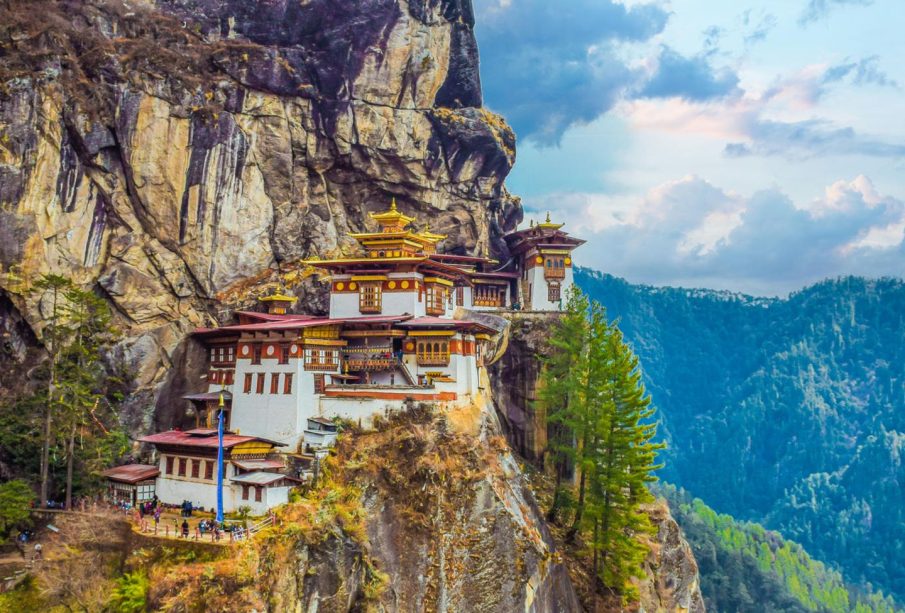Exploring Bhutan: The Land of Happiness

Introduction
Bhutan, a small landlocked kingdom nestled in the eastern Himalayas, has captivated the imaginations of many with its breathtaking landscapes, rich cultural heritage, and unique approach to governance focused on Gross National Happiness (GNH). As global societies grapple with modern challenges, Bhutan offers a compelling alternative, prioritising the well-being of its citizens over mere economic growth. This article delves into the distinctive attributes of Bhutan, highlighting its significance in today’s world.
Geography and Environment
Covering an area of approximately 38,394 square kilometres, Bhutan is bordered by China to the north and India to the south. The kingdom features some of the world’s most stunning natural scenery, with its towering peaks, lush valleys, and rich biodiversity. The nation is home to numerous national parks and protected areas, including the Jigme Dorji National Park, which provides sanctuary to rare species such as the snow leopard and the takahe. Bhutan’s commitment to environmental conservation has seen the government mandate that at least 60% of its land remains forested.
Cultural Heritage
Bhutanese culture is steeped in Buddhist traditions that have influenced all aspects of life, from art and architecture to social norms. The iconic dzongs (fortresses) and monasteries, adorned with intricate carvings and vibrant murals, serve as symbols of the country’s spiritual and historical legacy. Celebrations such as the colourful Tshechus, which invite thousands to witness traditional dances and rituals, further exemplify Bhutan’s rich cultural fabric. The country’s official language, Dzongkha, alongside various dialects, reflects the diversity and depth of its heritage.
Gross National Happiness
Perhaps Bhutan’s most notable contribution to global discourse is its pioneering concept of Gross National Happiness (GNH), which proposes that holistic well-being encompasses much more than economic metrics. Introduced in the 1970s by the Fourth King of Bhutan, Jigme Singye Wangchuck, GNH emphasises sustainable development, environmental protection, cultural preservation, and good governance. This approach has attracted international interest, prompting discussions about alternative models of progress that prioritise happiness and well-being over GDP.
Conclusion
As the world becomes increasingly aware of the limits of material wealth in achieving true happiness, Bhutan stands as an inspirational model. Its dedication to GNH, coupled with its breathtaking landscapes and vibrant culture, presents a unique framework for addressing contemporary global challenges. By embracing Bhutan’s philosophy, other nations might find new pathways to sustainable development and a more fulfilling existence for their citizens. As Bhutan continues to navigate the complexities of modernity while preserving its identity, it offers lessons that resonate far beyond its borders.









